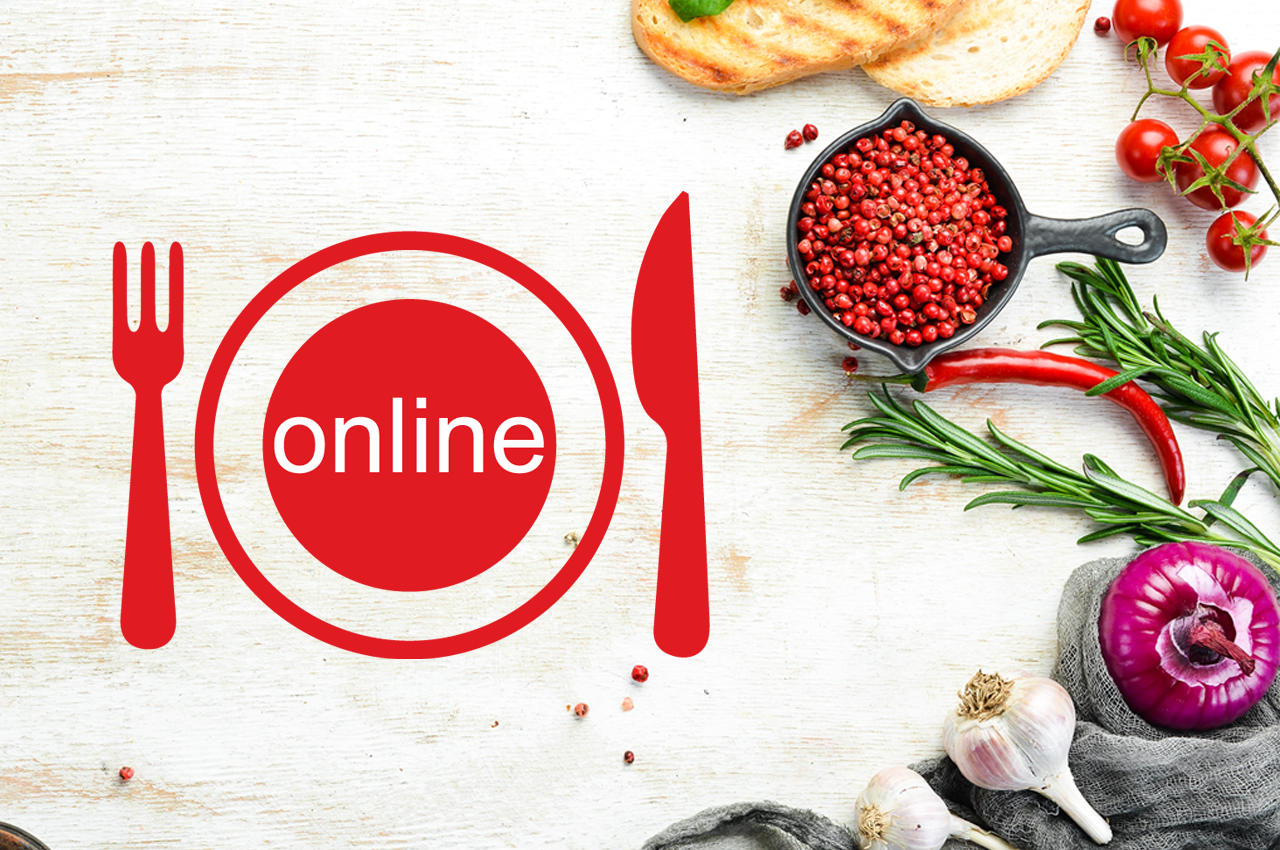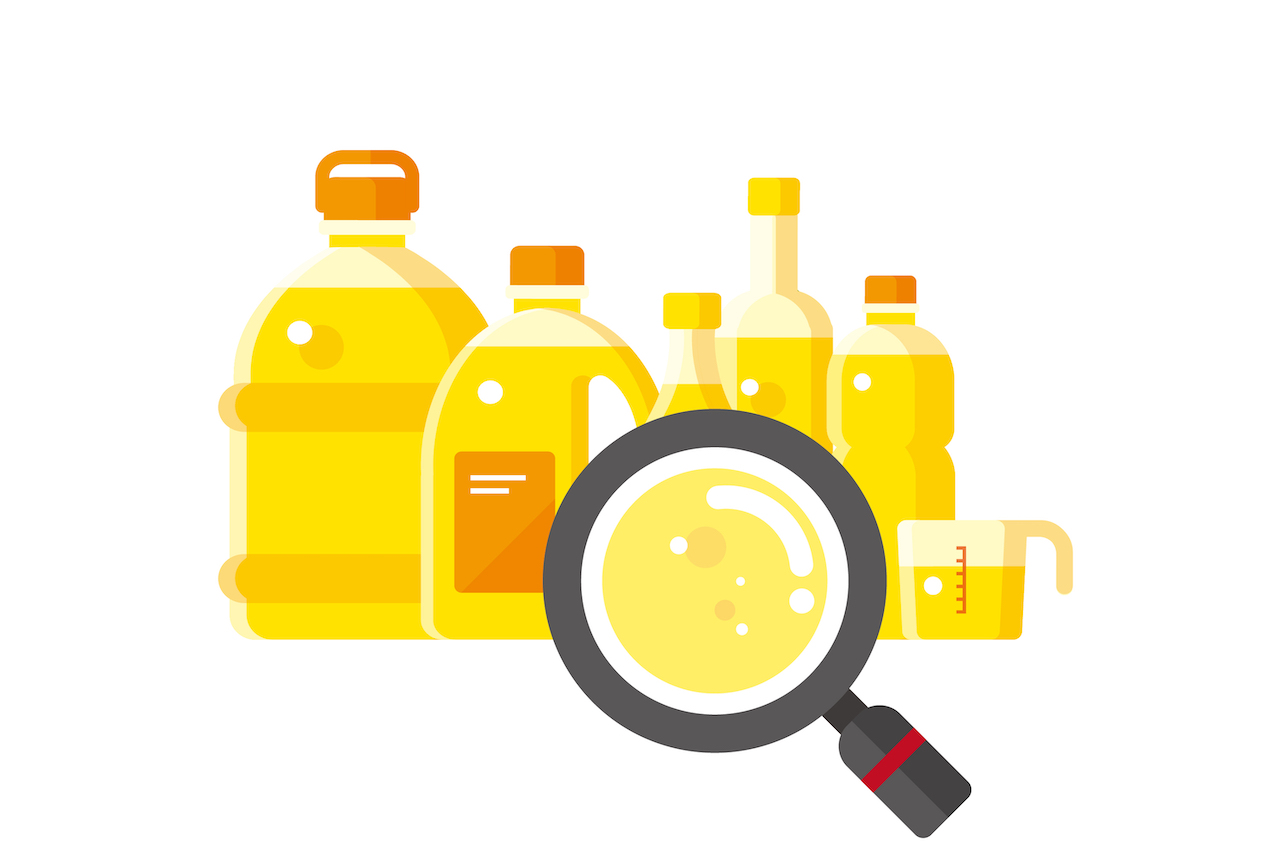Knowing which oils are best to cook with mainly depends on the type of cooking you’re doing. The oil’s smoke point; the point when it starts burning and smoking; is one of the most important things to consider. If you heat oil past its smoke point, many of the nutrients in the oil are destroyed, and in so doing, harmful compounds, called free radicals, are released.
How we classify oils
When we talk about food and nutrition, we divide fats (oils) into three categories:
- The bad: trans fats. These are found in various processed products, like packaged baked goods and fast foods. They can lead to increased risk of heart disease, cancer, and other inflammatory conditions. Avoid as far as possible!
- The good: saturated, monounsaturated and polyunsaturated fats are healthy, but you need to find good quality sources, and use them in the correct way.
Reading between the lines
When buying your oils, it’s not just as simple as “Olive oil is good” and “Animal fat is bad”. In the last couple of years, research has shown that many other factors influence how the type of fat affects your body. For instance: animal fat is healthy if it’s high quality, and it forms part of a balanced diet. Olive oil is also healthy, as long as it’s not over-processed.
The general principle is to try and get your oils in their least processed, or non-processed forms – as close to how you would find them in nature. Since cooking is a form of processing, it changes the oil in a way that can cause damage. The oils that are best for cooking, then, are the ones that are most stable when they are heated – so they have a high smoke point.
For high-heat cooking:
To prevent oxidation of the fat, you need to use oils with a high smoke point. These include:
- Ghee
- Extra light olive oil (not extra-virgin)
- Avocado oil
- Palm oil
- Expeller-pressed coconut oil
- Macadamia oil
For low-heat cooking:
These oils are okay for low-heat cooking, like mixing them with food that is already cooked through:
- Butter
- Extra-virgin olive oil
- Extra-virgin coconut oil
Fats are your friends
Fats form an important part of your diet. Apart from cooking oils, other important sources of fat include:
- Avocados
- Olives
- Grass-fed meat
- Wild fish
- Nuts and seeds in their whole form
- Eggs
Make sure to avoid all forms of processed oils, including trans-fats and non-cold pressed oils.
References:


